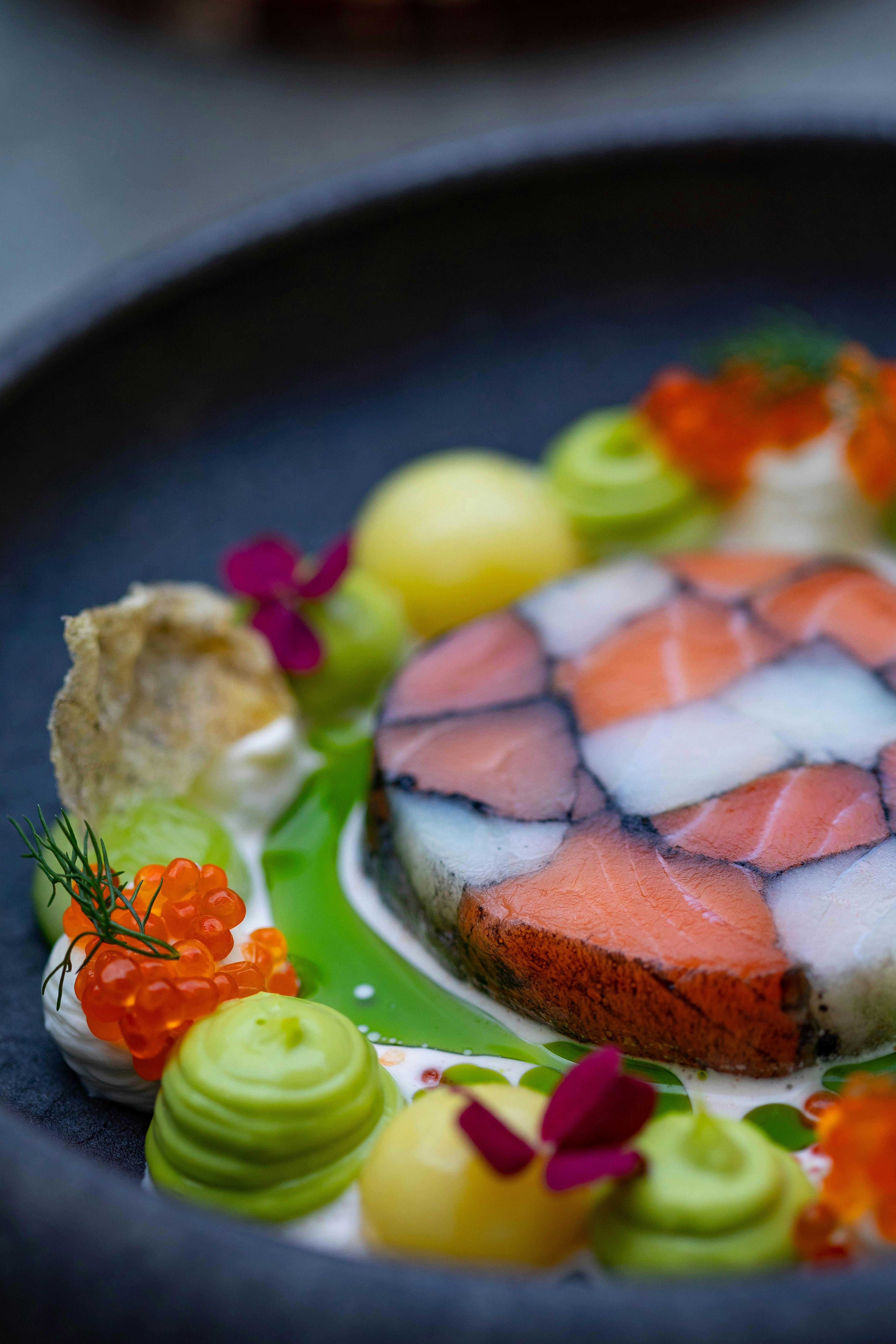A Comprehensive Guide to Consuming Seafood Safely During Pregnancy: Health Benefits and Risks

Introduction
Pregnancy is an exciting phase laden with many dietary do's and don'ts. One question that often surfaces is the safety of seafood consumption during pregnancy. Seafood is an excellent source of essential nutrients, but its safety for pregnant women has been a subject of concern due to the presence of certain contaminants. This article aims to enlighten expectant mothers on the benefits and risks associated with seafood consumption during pregnancy and to guide them through making safe choices.
The Nutritional Value of Seafood
Seafood is packed with a wealth of nutrients that's beneficial for everyone, but more specifically for pregnant women. It has an abundant supply of Omega-3 fatty acids, most notably EPA and DHA, which are crucial for fetal brain and eye development. Furthermore, it is a great source of high-quality protein that promotes overall growth, and is rich in vitamins D and B12. Several studies have also suggested that consumption of seafood during pregnancy can lead to higher birth weight, and possibly, improved infant cognition. So, clearly, including seafood in your pregnancy diet presents significant benefits.
Potential Risks Associated with Seafood Consumption During Pregnancy
While seafood has an impressive nutritional profile, it also comes with certain risks, particularly to pregnant women, due to its potential exposure to harmful substances. The most prevalent is methylmercury, a potent neurotoxin which is found in higher concentrations in some types of fish and shellfish. High levels of methylmercury consumption can lead to neurological developmental issues in babies. Additionally, seafood might be prone to bacterial or viral contamination if not handled appropriately - leading to foodborne illnesses that can have serious consequences during pregnancy.
Choosing Safe Seafood Options
Despite potential risks, avoiding seafood entirely isn't necessary. The key is making informed and safe choices. According to the FDA, pregnant women should aim for two to three servings of a variety of seafood each week, from choices that are lower in methylmercury.
Fish such as salmon, sardines, anchovies, Atlantic mackerel, and freshwater trout are all excellent options due to their high Omega-3s and lower mercury levels. For shellfish lovers, shrimp, crab, lobster, scallops, and oysters (when cooked) all make the safe list.
Foods to Avoid
While it's perfectly safe to consume seafood during pregnancy, certain types must be avoided to mitigate the exposure to higher levels of mercury. These include shark, swordfish, king mackerel, and tilefish from the Gulf of Mexico. Light canned tuna is safer than albacore (white) tuna, while fresh tuna should be consumed sparingly. Avoid raw or undercooked fish or shellfish as it could increase the risk of foodborne illness.
Conclusion
To sum up, seafood is a nutrient-dense food that offers substantial benefits to pregnant women and their unborn babies. However, due to potential contaminants, it becomes crucial to make safe seafood choices. By steering clear from high-mercury content species, limiting intake of moderate mercury seafood, and ensuring that seafood is thoroughly cooked will enable pregnant women the safe consumption of seafood. As they navigate this exciting journey, considering these guidelines can ensure they derive the maximal health benefits seafood offers while safeguarding against any possible risks.





